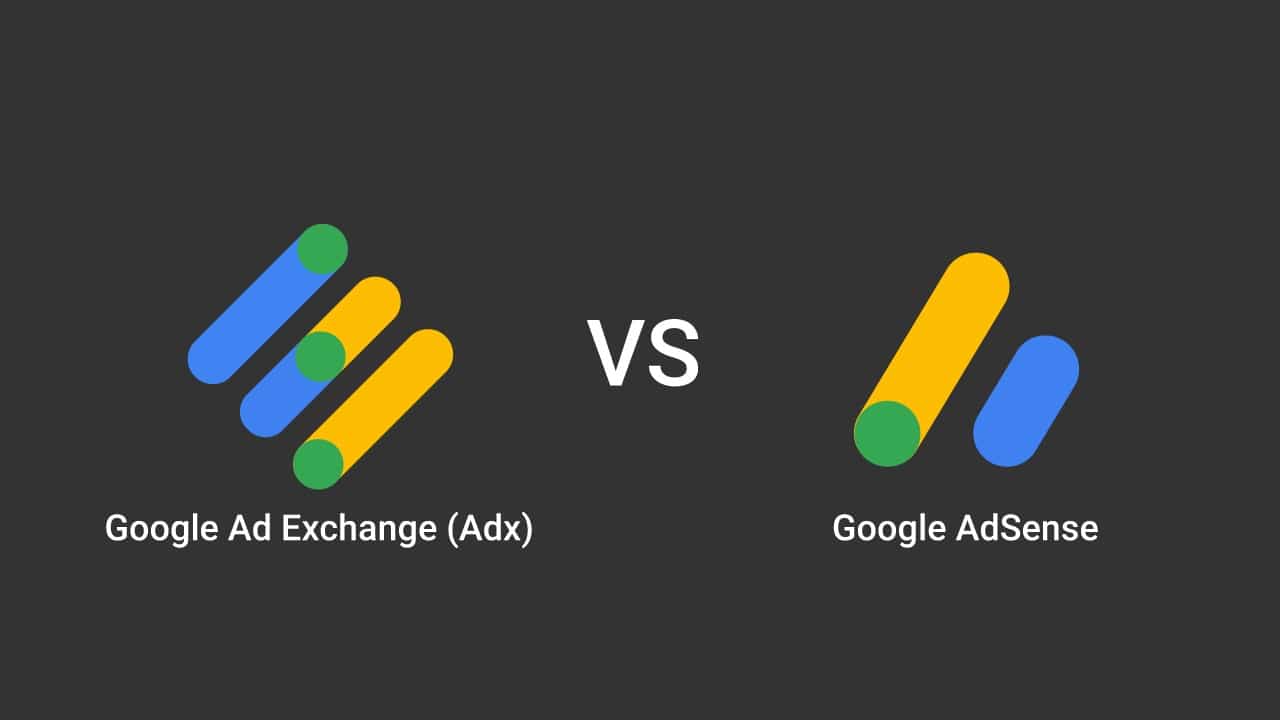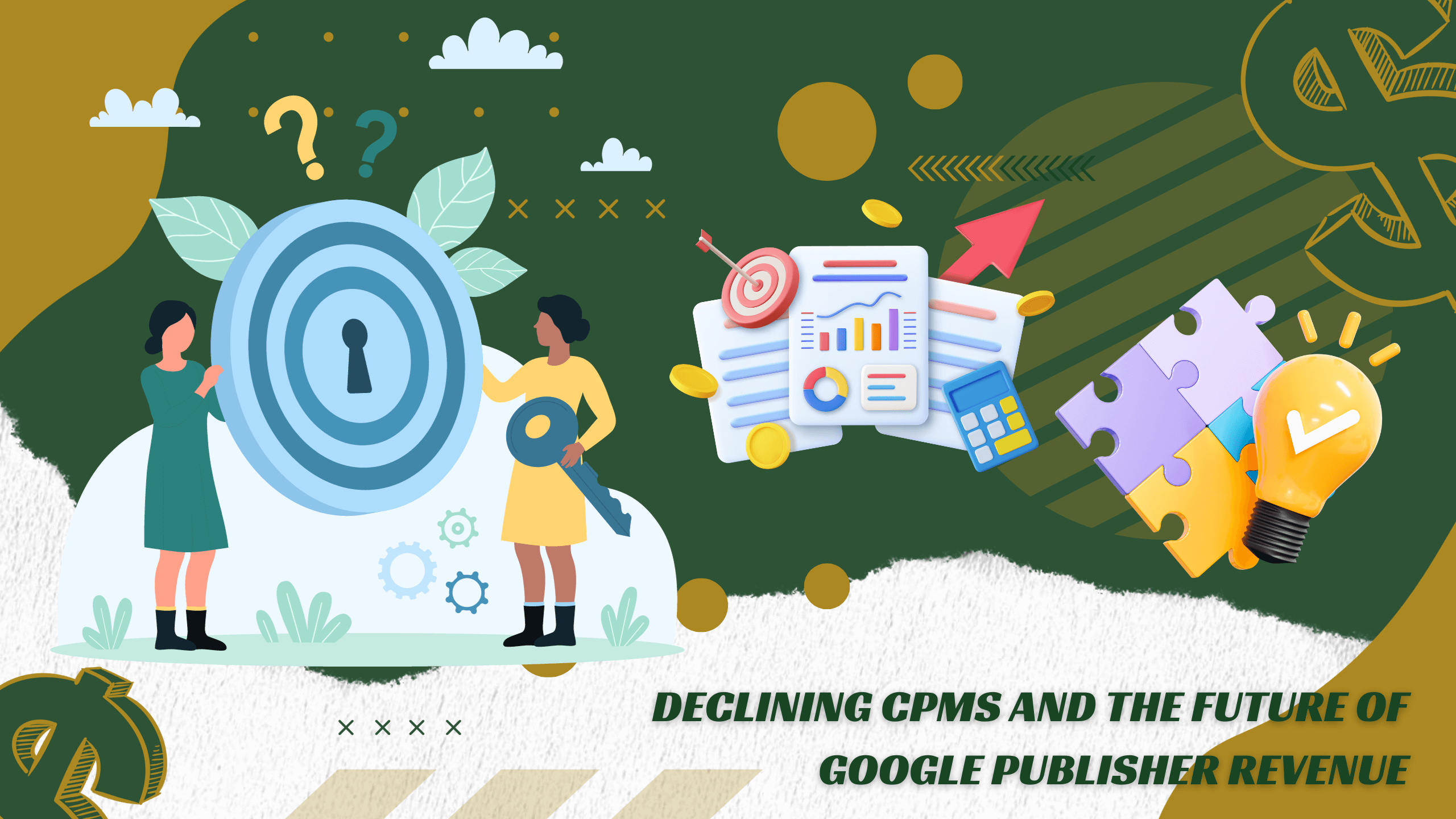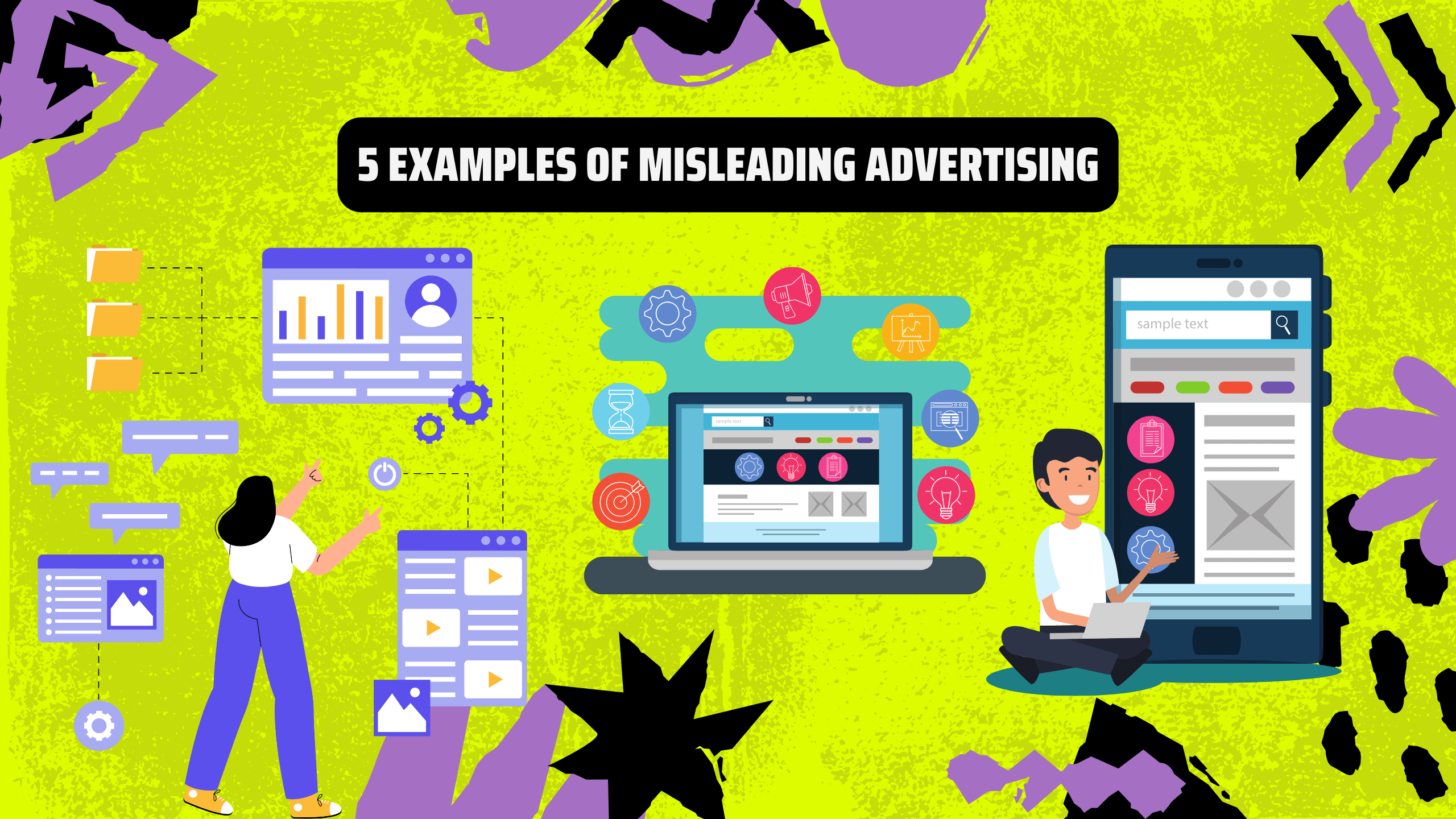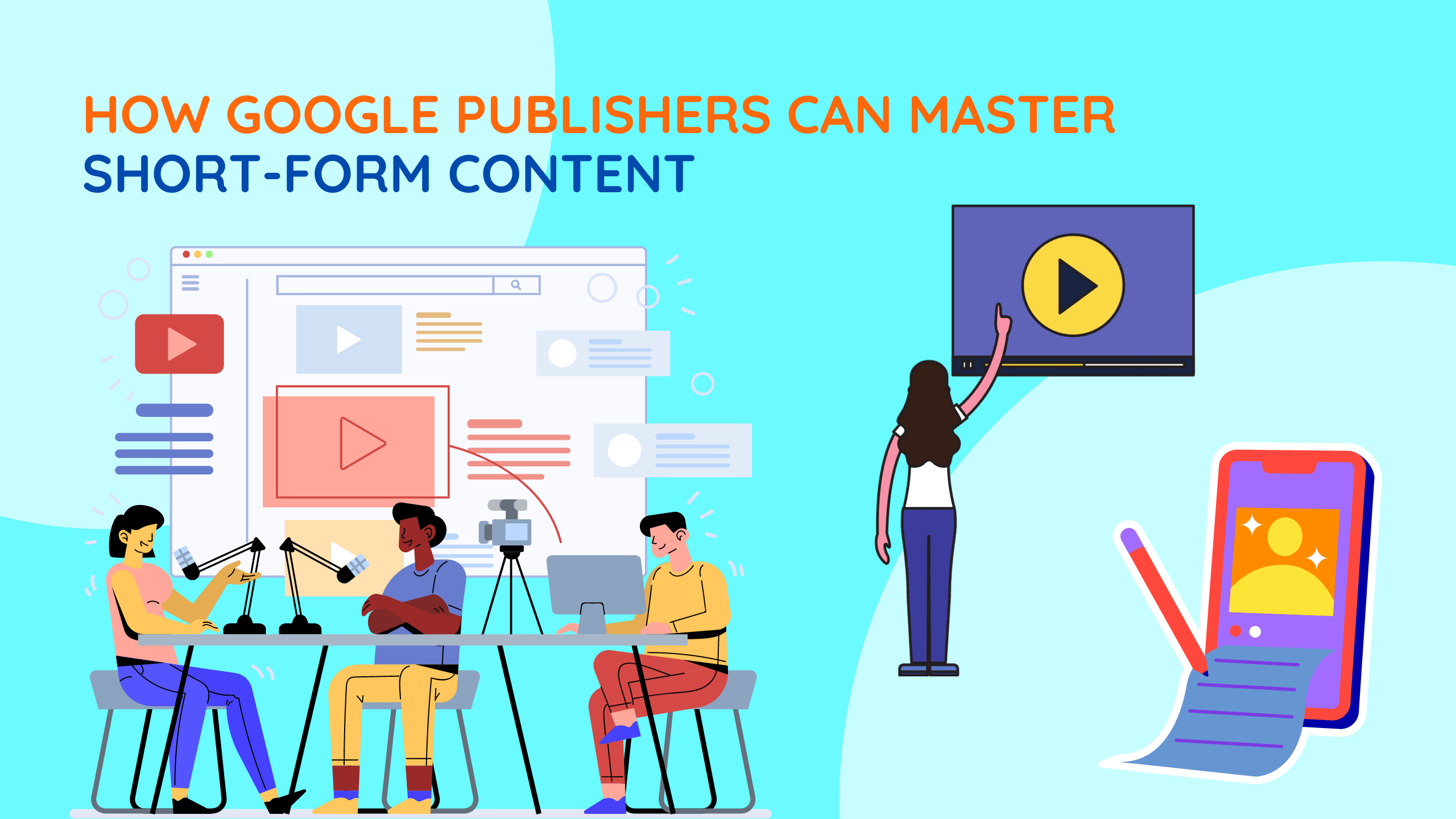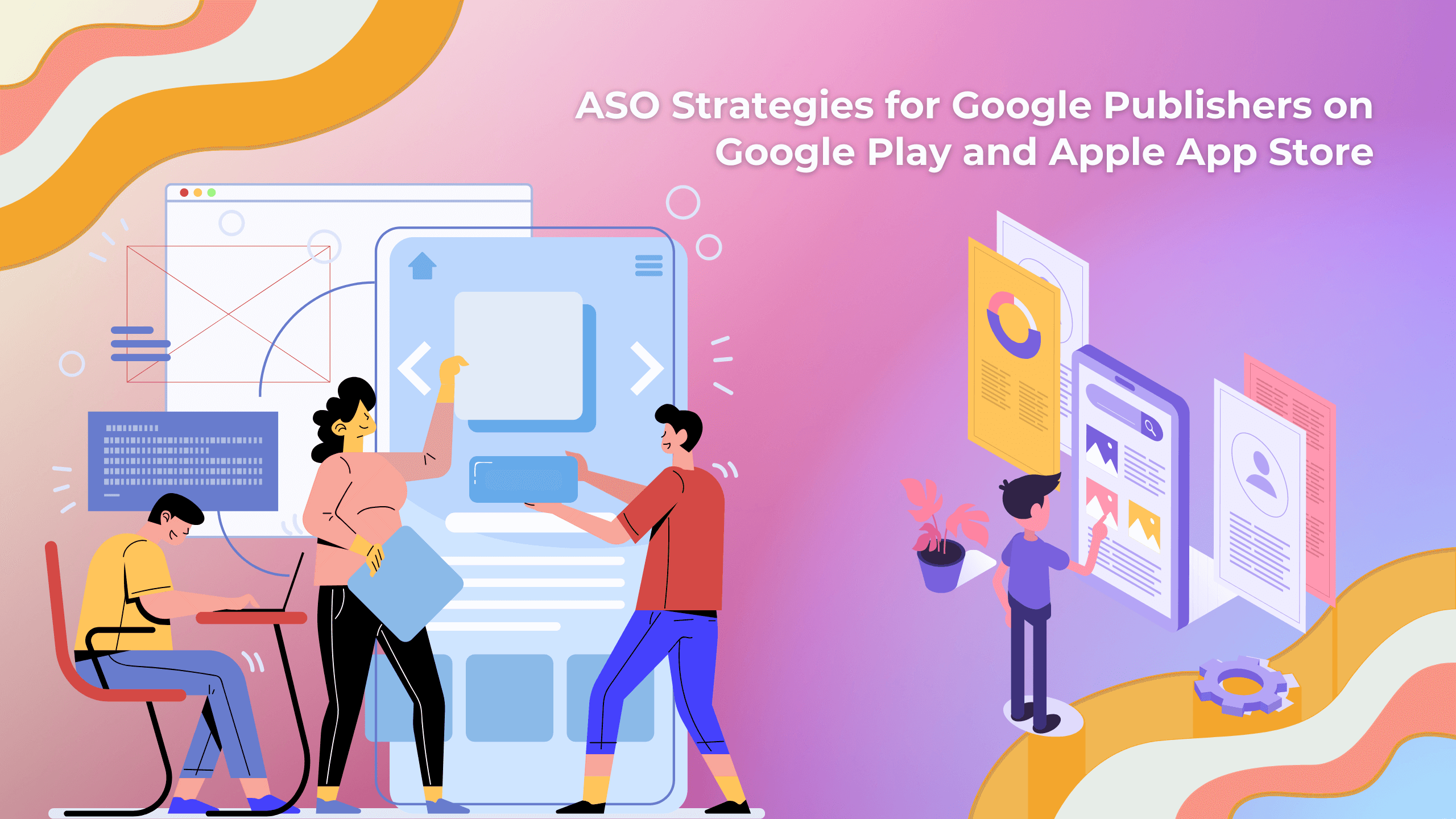What is Google AdX?
The origin of AdX (Google Ad Exchange) can be traced back to DoubleClick Ad Exchange, a company established in 1996 with the role of an ad server. It was acquired by Google in 2008. This acquisition was controversial at the time because there were concerns that Google would have too much control over online advertising.
Through Google AdX, publishers can sell their ad inventory to advertisers and agencies using real-time bidding technology. By setting up an open marketplace where prices are determined in real-time auctions, Ad Exchange allows ads to be displayed more efficiently and effectively across the web.
Sellers can maximize their earnings for their ad space and reach more advertisers while still maintaining control over who can advertise on their website. Buyers gain access to more websites and ad inventory, along with greater control over the placement of their ads.
Is Google Ad Exchange an SSP?
An SSP (Supply-Side Platform) helps digital media owners and publishers sell digital ads in automated auctions. SSPs improve the profitability of ad inventory on websites and mobile apps by minimizing wasted space and maximizing views.
In 2018, Total Media listed DoubleClick Ad Exchange as the top choice for the best SSP for publishers. According to the report, “AdX excels over its competitors by connecting publishers into the world’s largest ad exchange for global ad inventory.”
What is Google AdSense?
AdSense was developed by Google as an in-house product in 2003. It displays ads based on the content on partner websites, allowing publishers to earn revenue for each ad click.
AdSense matches ads to a website based on the publisher’s content and the visitor. Advertisers then bid for ad placement positions, much like they do on Google Ads. In fact, ads on AdSense come from Google Ads, Google’s Display Network, and other Google products.
It may have the advantage of carrying the Google brand name or being an easy-to-set-up ad product with minimal work required. However, AdSense is much more popular than AdX/DoubleClick within Google Search. However, popularity doesn’t necessarily make AdSense a better product. AdX is an ad exchange network, while AdSense is an ad network. The two products serve fundamentally different purposes for different types of customers.
So, what’s the exact difference? And which platform is more suitable for you?
Google AdX and Google AdSense: What are the key differences?
Google AdX (formerly known as DoubleClick Ad Exchange) is an ad exchange network. This means it’s a programmatic advertising platform that offers real-time bidding (RTB) for ad spaces to ad networks, including AdSense, agencies, and demand-side platforms.
Publishers working with Google AdX gain access to a larger ad inventory and can reach buyers from Google Ads and other marketplaces through this exchange.
It also provides more control to publishers over their ad spaces, allowing them to sell their ad inventory directly. Additionally, there’s higher competition for ad space, leading to increased revenue per ad unit sold.
Google AdSense is an ad network. It enables publishers to monetize their content on both desktop and mobile devices. Setting it up is straightforward. You simply create ad placement positions and insert the code into your website.
From there on, AdSense takes care of everything, from ad distribution to targeting to payment to publishers. AdSense fills these positions with ads targeted using cookies from the Google Ads program. The fill rate is typically between 95-99%, so most of the time, your ad units will be utilized.
It’s not a very lucrative way to monetize content because this platform focuses on providing low-cost impressions to advertisers. Publishers cannot set floor prices for their ad units, and they cannot sell these units themselves. In essence, they’re stuck with what Google offers them.
However, there are many stories of bloggers and small-scale operations that can make a decent living from AdSense.
What is Google Ad Manager?
Google Ad Manager, or Google Ad Manager, is Google’s leading ad server product that allows publishers to leverage multiple ad networks, including AdSense, Ad Exchange, and third-party networks.
In late 2018, Google rebranded many of its advertising products and offerings for publishers, including AdWords, Ad Exchange, DoubleClick, and other advertising and marketing tools.
Has AdSense and AdX remained unchanged?
While AdSense remains a separate product catering to medium and small-scale publishers, Google Ad Manager combines Google’s popular ad server/SSP (formerly DFP) and their industry-leading ad exchange (AdX).
Publishers need an AdSense account to sign up for Google Ad Manager, but to participate in Ad Exchange, publishers need to be invited by Google or apply through third-party partners. When they do so, Google limits access to their premium ad server and ad exchange for larger publishers and partners.
So, should I choose Google AdX or Google AdSense?
Google AdX provides programmatic advertising or real-time bidding exchange. AdX has the potential to generate higher revenue for publishers but demands more attention, dedication, or resources to hire third parties to manage ad operations.
Google restricts access to AdX for preferred publishers with at least 5 million monthly page views. Because publishers using AdX have a large audience, they have exposure to some of the world’s top-tier advertisers who are willing to spend substantial advertising budgets on widely managed websites. If you have significant expertise in technology and advertising as well as available resources to maximize this platform, AdX is a suitable choice for you.
On the other hand, AdSense is an easy and accessible way to generate revenue for even small to medium-sized publishers. This makes it a popular choice for displaying text, display, video, or interactive ads, targeted based on the content and audience of the website.
You should choose AdSense if you are a small to medium-sized publisher with minimal resources for ad management and deployment and limited technical knowledge.
Any publisher with a website that adheres to AdSense’s quality guidelines can apply for an account and easily obtain one. However, to gain access to Google AdX, you must be a preferred publisher with a committed audience.
For any collaboration inquiries, please send an email to: [email protected].

